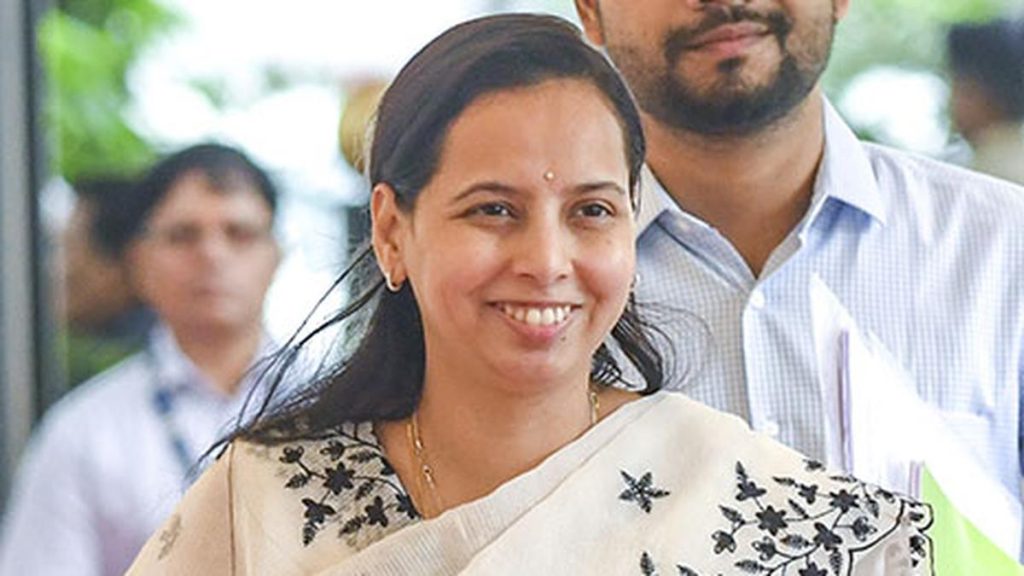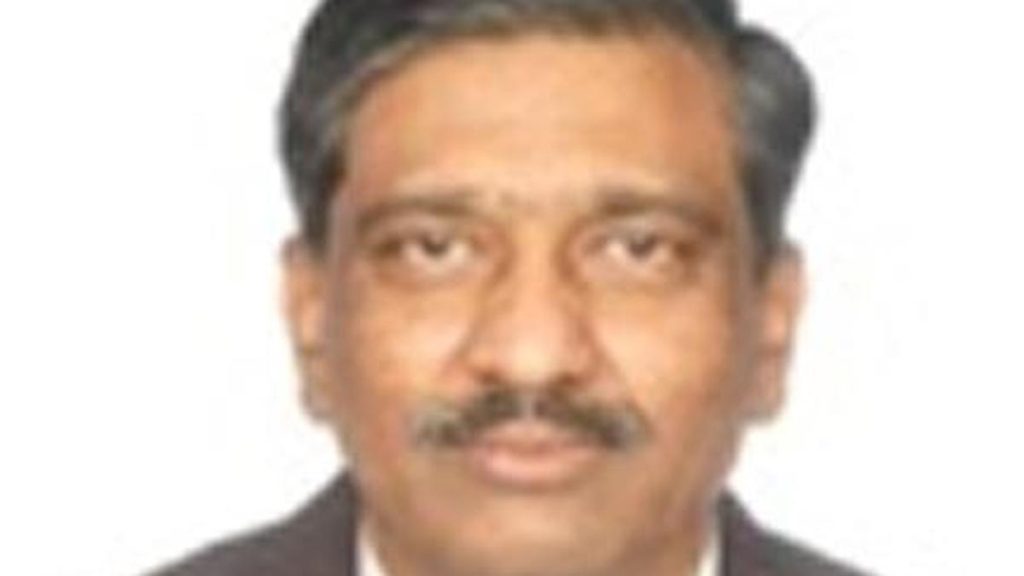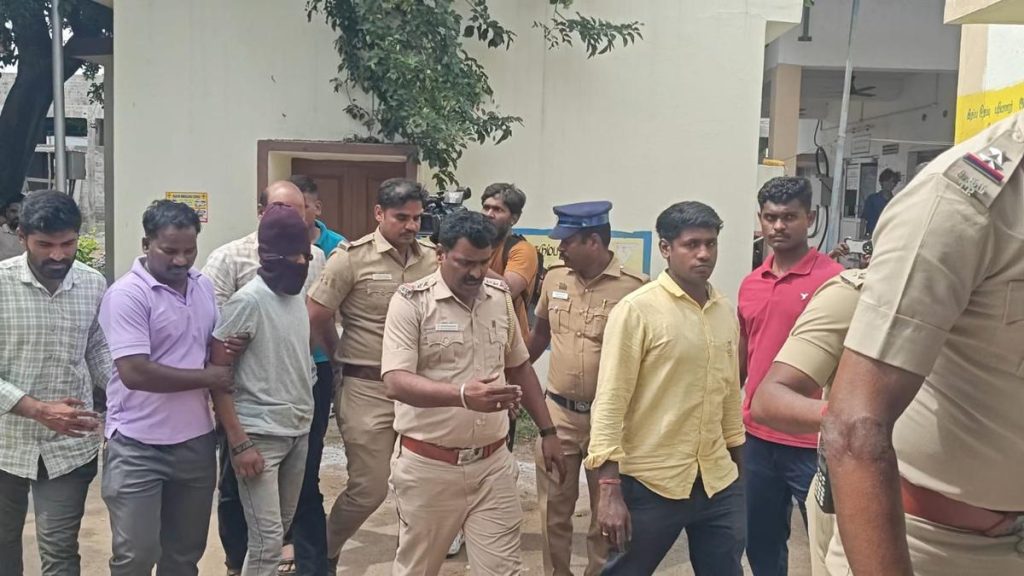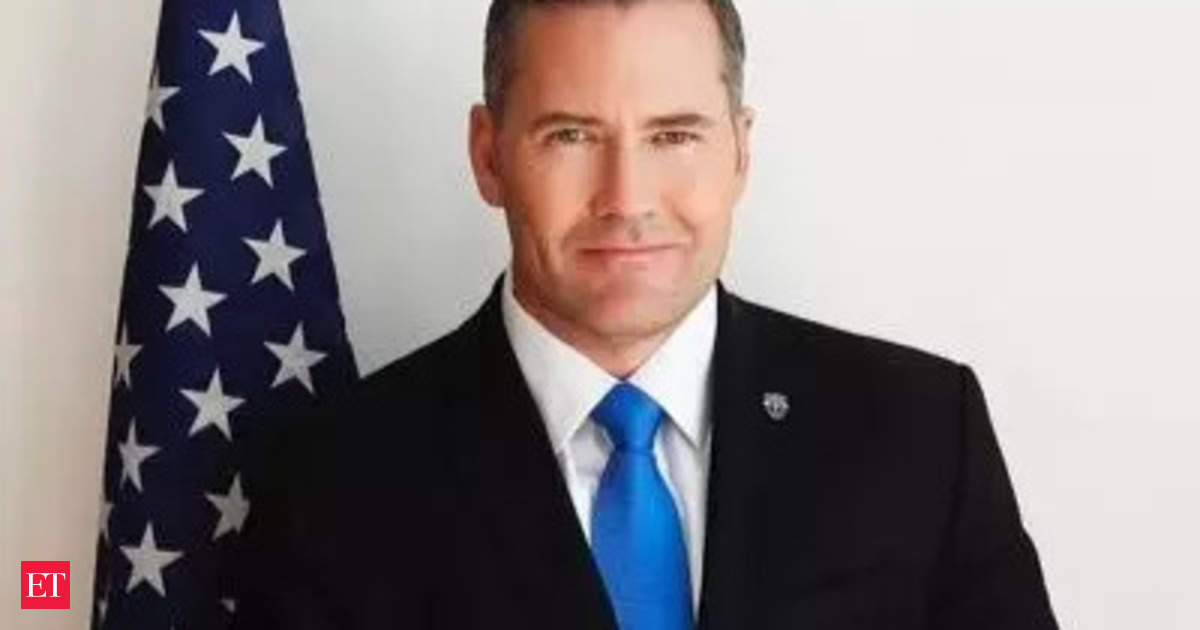Now Reading: Trump Proposes Changes to US History Exhibits at Smithsonian
-
01
Trump Proposes Changes to US History Exhibits at Smithsonian
Trump Proposes Changes to US History Exhibits at Smithsonian
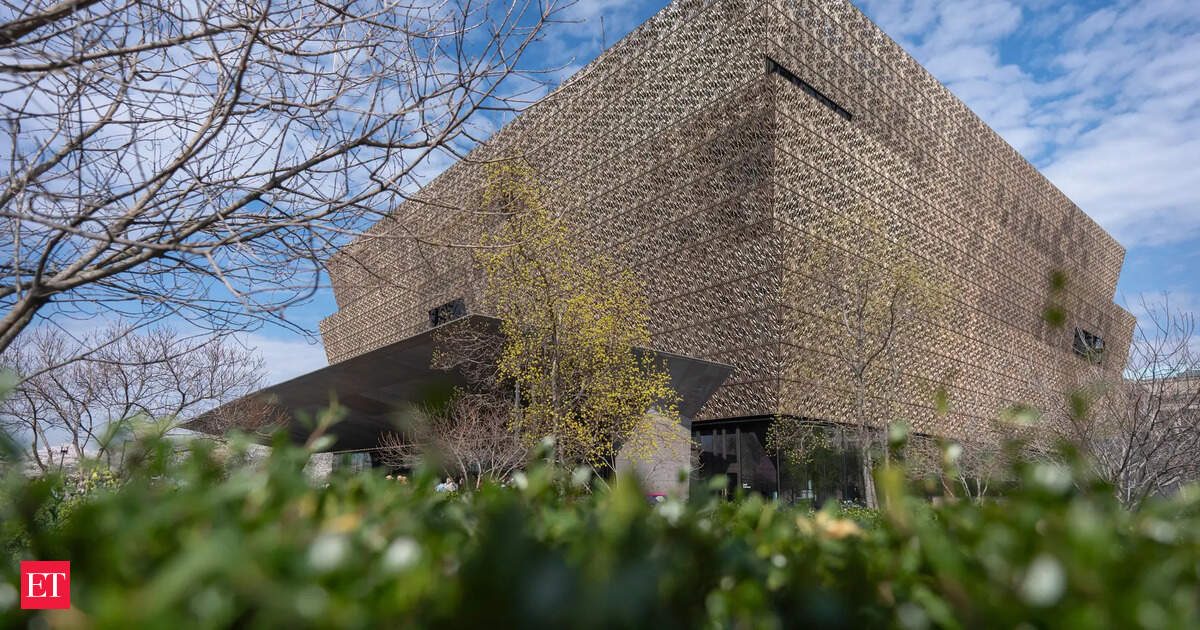
Quick Summary
- Executive Order Issued: US President Donald Trump issued an executive order to reshape the Smithsonian Institution, criticizing it for promoting “divisive, race-centred ideology.”
- Federal Funding Restrictions: The order seeks to prohibit federal funding for exhibitions that Trump claims degrade “shared American values.” Approximately 62% of the Smithsonian’s $1 billion budget comes from federal funds.
- Museum Directives: Specific instructions were given for the upcoming American Women’s History Museum, barring recognition of men as women in any capacity.
- Historical Monuments Review: The Interior Department has been tasked with reviewing alterations to public monuments and statues post-2020 and restoring them if found distorting history.
- Independence Hall restoration by 2026: A deadline has been set to renovate Independence Hall in Philadelphia by July 4, 2026 (the US’s 250th anniversary).
- Smithsonian Response Pending: The Smithsonian Institution has not commented on the directive; it’s leadership was reportedly surprised by this move.
- Broader Cultural Influence efforts: The executive order aligns with Trump’s recent reshaping of cultural institutions such as replacing Kennedy Centre board members and pressuring universities on policy changes.
!trump Smithsonian
The National Museum of african american History and Culture on the National Mall is seen on Friday,March 28,2025,in Washington. (AP Photo/Mark Schiefelbein)
Indian Opinion Analysis
While this directive focuses largely on America’s narrative through its cultural and historical institutions such as the Smithsonian, it carries implications that could resonate globally. For India-a country navigating its own discussions about historical representation-the matter highlights key considerations regarding government influence over heritage bodies. Just as India values autonomy within organizations like ASI (Archaeological Survey of India), Trump’s decision presents questions about balancing political authority with institutional integrity.
India may view such moves critically given long-standing democratic traditions where free debate shapes public understanding of history. Additionally, global partnerships or joint research initiatives between Indian museums and US institutes might be impacted should ideological shifts occur within these entities.Observing how major institutions preserve academic independence amid political scrutiny could offer lessons relevant across borders.


